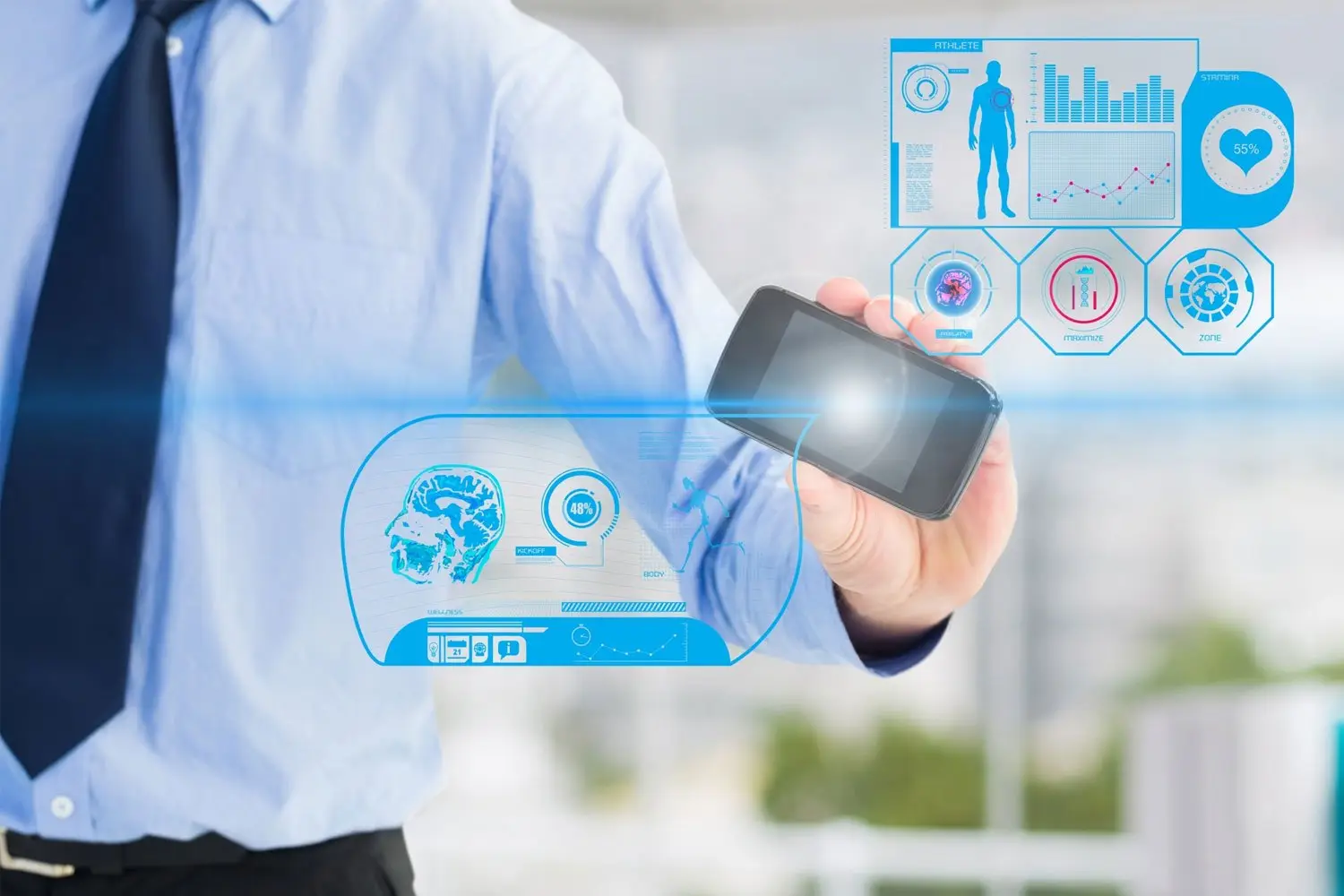The healthcare service has been growing with the technological developments of embedded and wearable medical devices, mobile internet and Internet of things(IoT).
These device based architecture are used to access information, serve humans, use bio-materials and connect healthcare institutions to establish a smart healthcare system.
It is always a challenge for healthcare providers to implement a healthcare system that is sustainable as well as cost effective. The ability of the system to collect and process various types of medical data to give reliable information has its limitations. In the current trends, it has been realized that most of the drawbacks of healthcare systems have been reduced with the innovation of IoT based healthcare devices and data-driven information technology framework. Quality healthcare services are possible to maximum approximation using smart healthcare systems with minimal IT infrastructure costs and risks.
With the development of the Internet of Things (IoT)-enabled solutions, many smart architecture-based applications have been identified for monitoring patient-related data using biomedical devices within hospitals. The evolutionary trends are leading by radio frequency identification (RFID), wireless sensor network (WSN), and smart mobile technologies. A BSN (Body Sensor Network) smart system triggers various medical sensors that are implanted in the human body and helps in the smooth operation to reduce time and cost to patients and hospitals. The real-time sensing and analysis of patient’s metabolism can be studied using a lightweight wearable sensor. In the context of smart cities, smart healthcare system monitoring is vital to provide services and care to residents and make a cloud-oriented framework for healthcare data analytics where data available as audio, video, and electroglottographic (EGG) signals. The changes have been seen from disease-centered to patient-centered for advancement of preventive healthcare.
The medical ecosystem has been functioning in a more intelligently way with computational development in artificial intelligence and machine learning. The multi-dimensional analysis of diseases, treatment, hospital management and decision making have become easier. The services such as Picture Archiving and Communication Systems (PACS), Electronic Medical Record and surgical robots have been a tremendous help to Healthcare professionals. The implementation of machine learning-based systems for the clinical decision support system helps to observe symptoms of hepatitis, lung cancer, and skin cancer in a more realistic way. Smart radiomics in tumor radiotherapy monitors the patient's radiotherapy process to avoid the uncertainty brought by manual operation. The application of mixed reality technology makes the development and implementation of the surgical plan easier. The evolution of smart-phones, smart- watches and biosensors made people more self-conscious of their own health monitoring. Smart homes have been equipped with sensors and actuators to observe the residents’ physical signs and environmental hygiene.
In COVID-19 pandemic, governmental bodies throughout the world have been able to predict risks based on the collection of patient information using many smart devices. This enables patients and healthcare professionals to participate and conduct prevention strategies based on the monitoring results. A virtual assistant has been playing a major role for communicating to people about the symptoms and preventions using smart techniques such as message analysis, speech recognition, and face recognition.
Though a tremendous emergence of smart technologies for healthcare has been seen, but still new problems are emerging with human life style and there is a need for a keen insight to develop a robust and unified technical standard for Smart Healthcare System that can be built with smarter devices to serve mankind and the nations.
